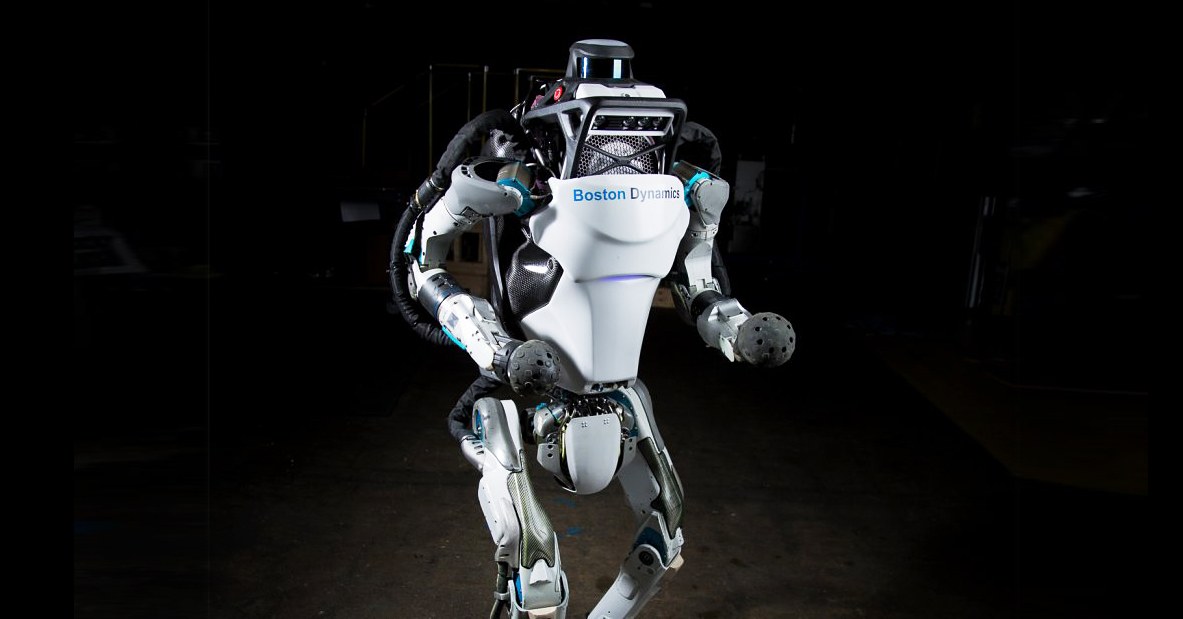Silicon Valley's Breakthrough Prizes Have Money, but They Need Diversity Too
The tech-funded science awards are attempting to bring glory to basic research, but so far they have done little to challenge the status quo.
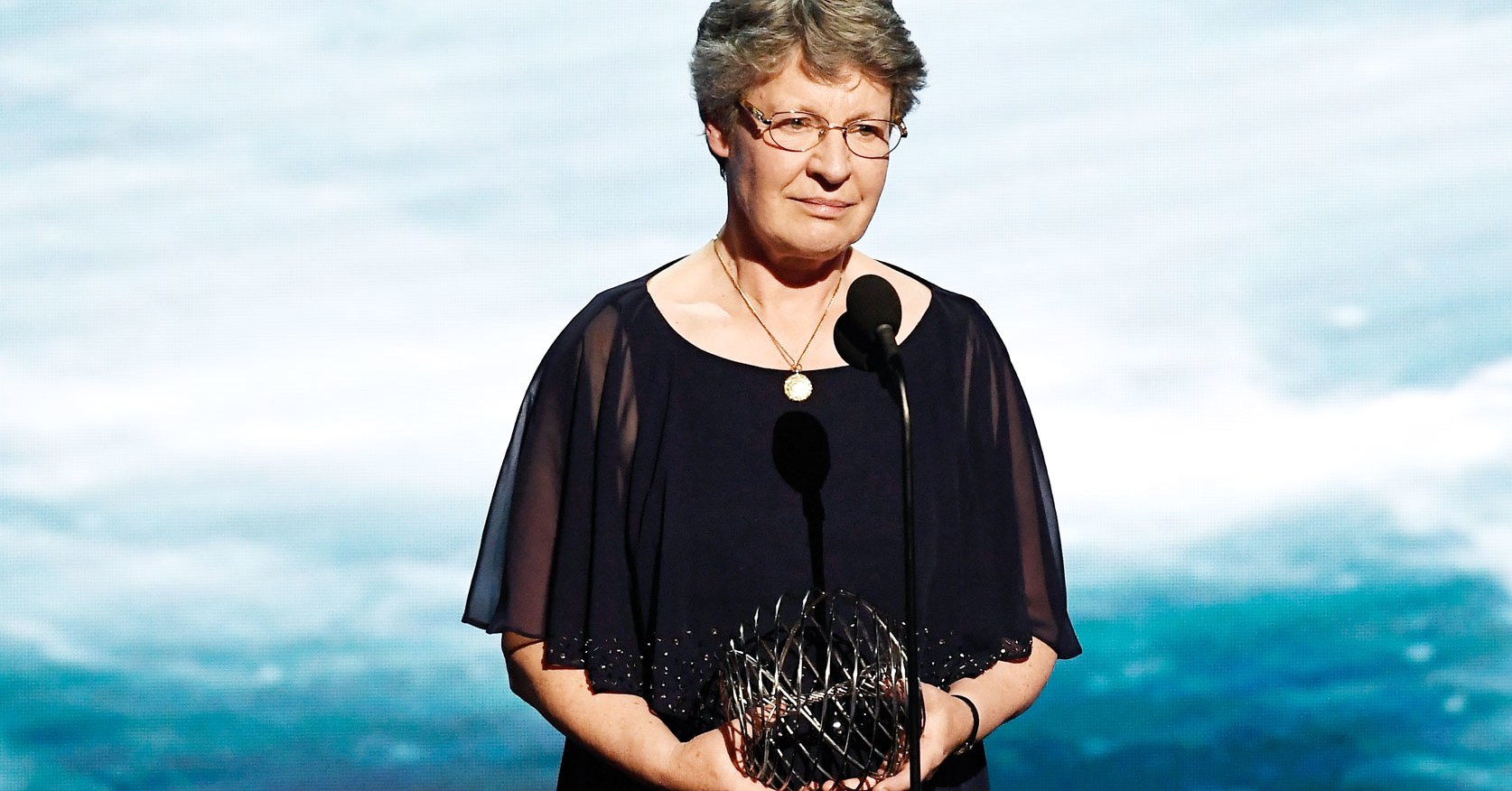
Send us a link
The tech-funded science awards are attempting to bring glory to basic research, but so far they have done little to challenge the status quo.

Three recent books challenge the tech industry's myths of self-reliance and prescience.

Girls are equally able at STEM-related subjects at school but are reluctant to choose them for a career. That is linked to a lack of confidence. We're only just starting to tackle the problem.
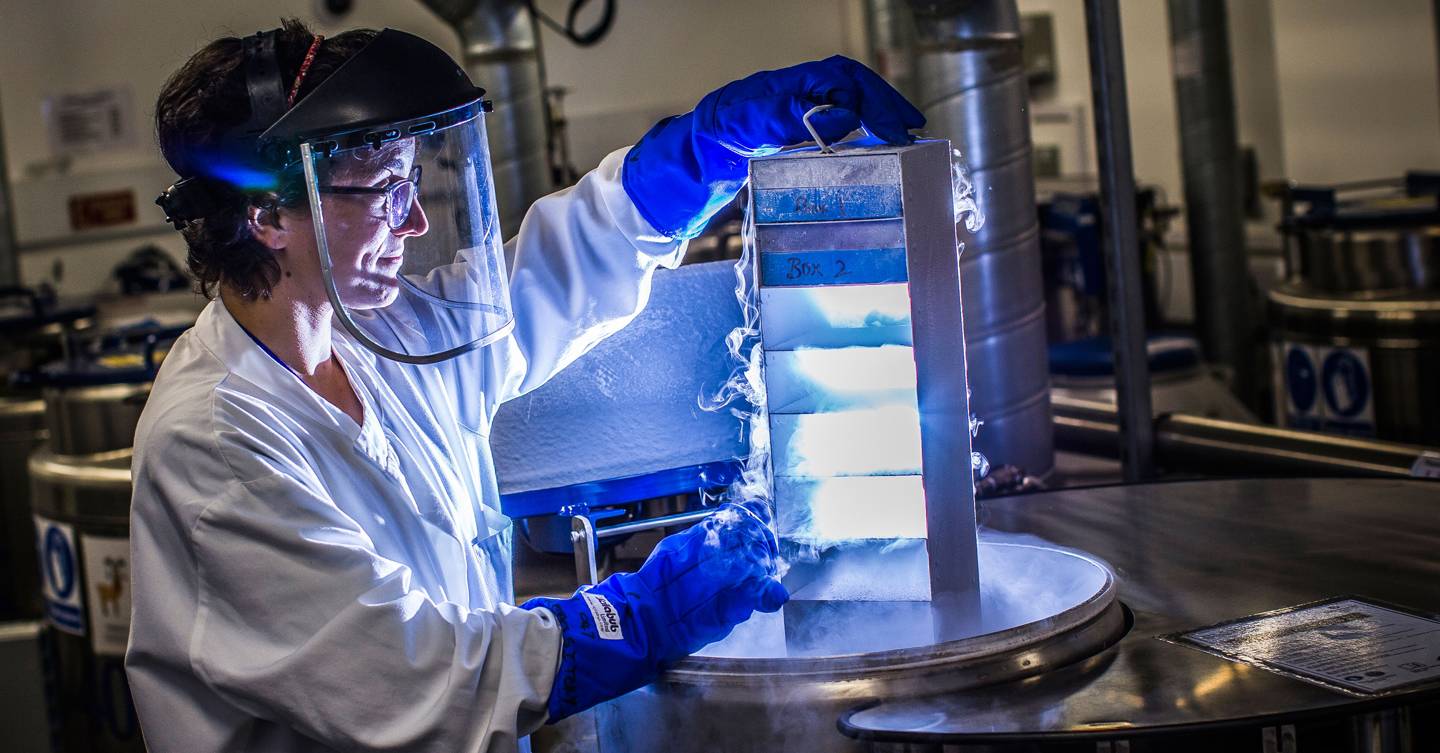
In an era in which data is everything, the risks to core democratic principles caused by technological illiteracy in policymakers, and policy illiteracy in computer scientists, are staggering.
A software tool uses machine-learning algorithms to scour news articles and scientific citations to find notable scientists missing from Wikipedia.
The struggle to keep this resistant yeast from surging is a warning sign that relying on standard responses won't work. As the foes continue to evolve, medicine needs both new tech, and surprisingly old techniques, to fight its microbial wars.
A digital scholarship librarian and a historian assembled a team of professors, graduate students, researchers, and fellows to create "Torn Apart / Separados", an interactive web site that visualizes the vast apparatus of immigration enforcement in the US, and broadly maps the shelters where children can be housed.
Kai-Fu Lee - a former Apple, Microsoft and Google executive turned investor - is placing big bets on machine learning. And China is leading the way.
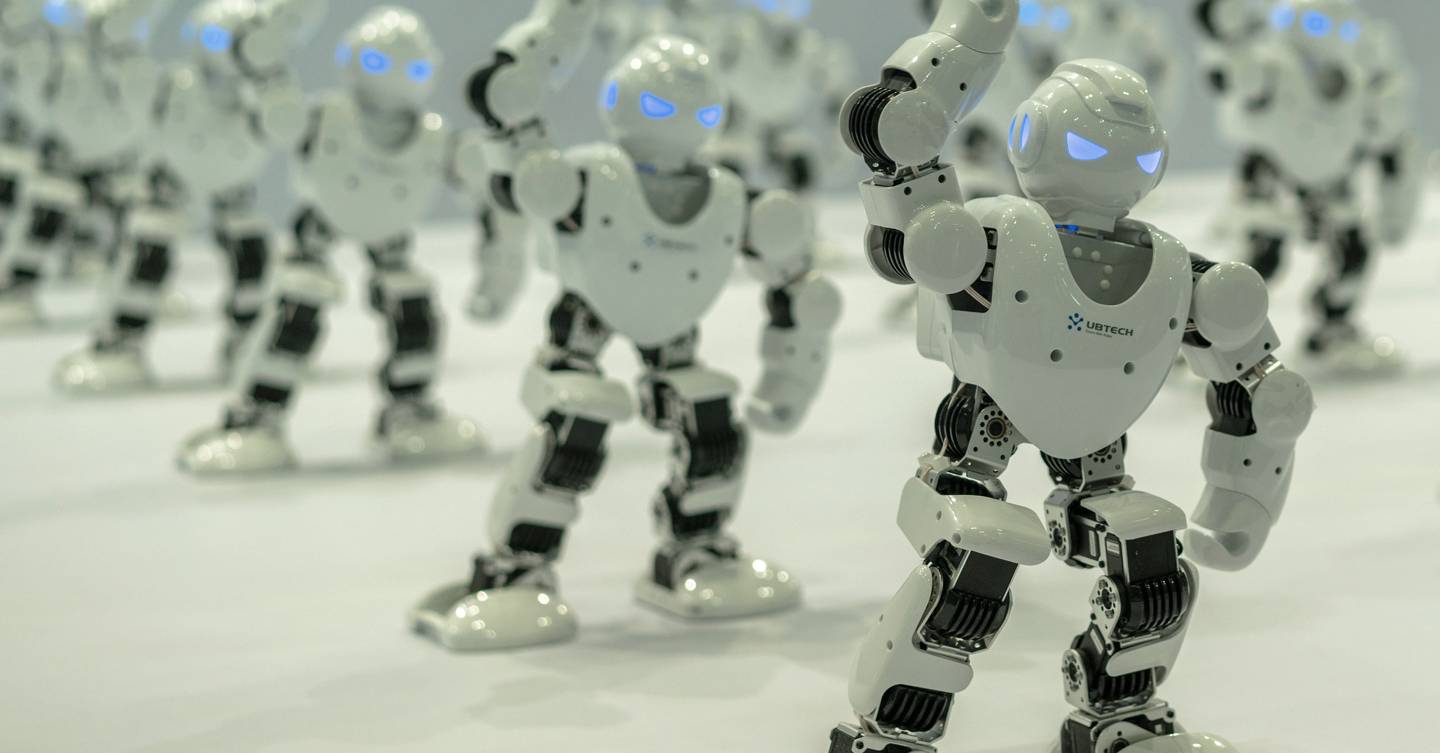
Just as the peer review system of journal publication is itself an ever-evolving construction, so too are the unspoken rules that govern which scientists share what.
A single academic paper, published by three Australian researchers in 2007, has been cited by Wikipedia editors over 2.8 million times - the next most popular work only shows up a little more than 21,000. And the researchers behind it didn't have a clue.
When one of the first online science journals went under, its papers all disappeared. Enter: Portico, the Wayback Machine for scholarly publications.
New Stanford research shows how companies alienate women before they start working.
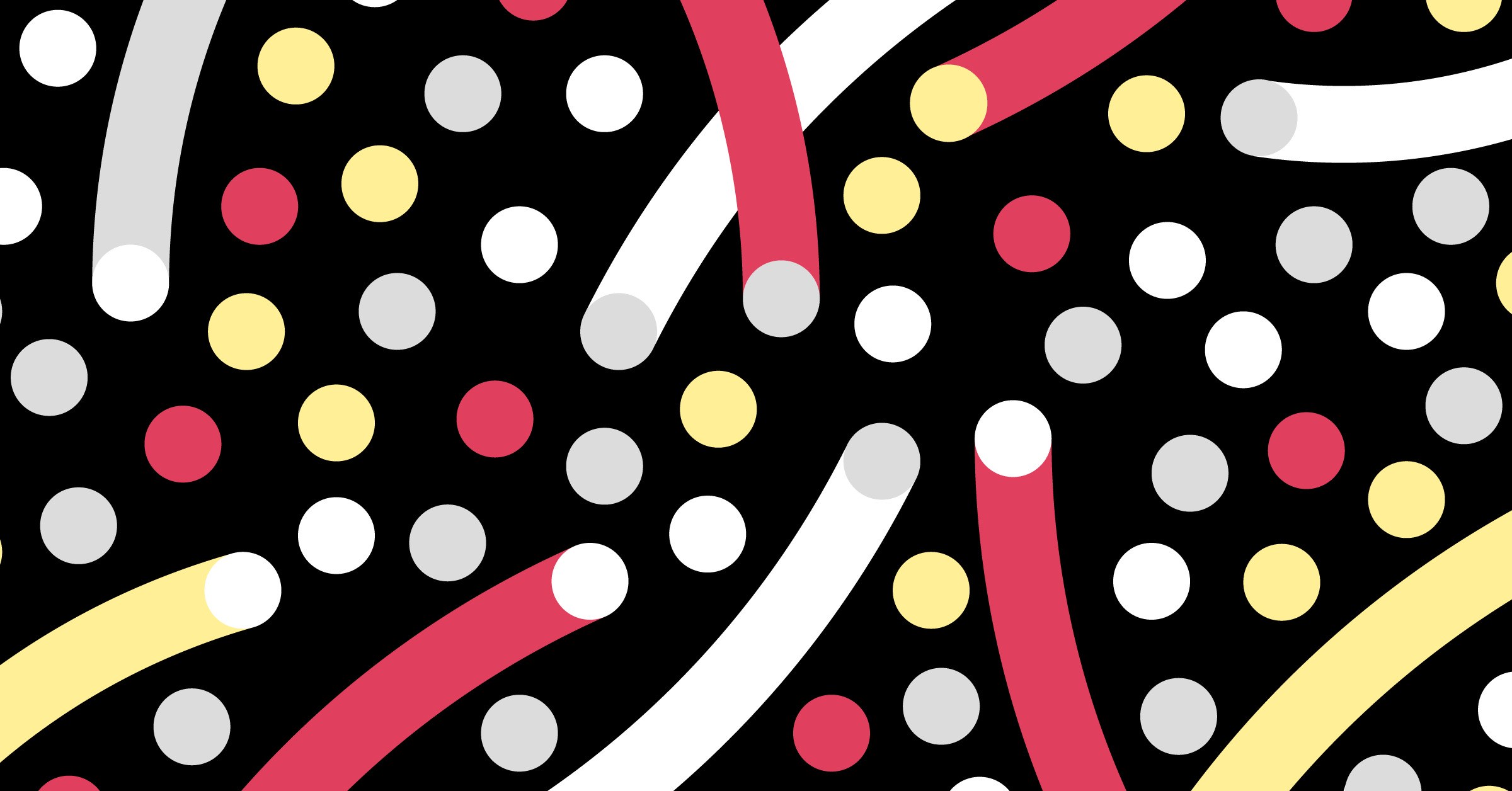
Science, it turns out, is an excellent place to find such people. After all, the scientific method requires you to recognize when you’re wrong - to do so happily, in fact. The story of Daniel Bolnick, an evolutionary biologist who had the courage to recognize his mistake.
For most of history, the easiest way to block the spread of an idea was to keep it from being mechanically disseminated. In today’s networked environment, it would seem that censorship ought to be impossible. This should be the golden age of free speech.
Current trends say generating new bitcoins will use all the power in the world by 2020.
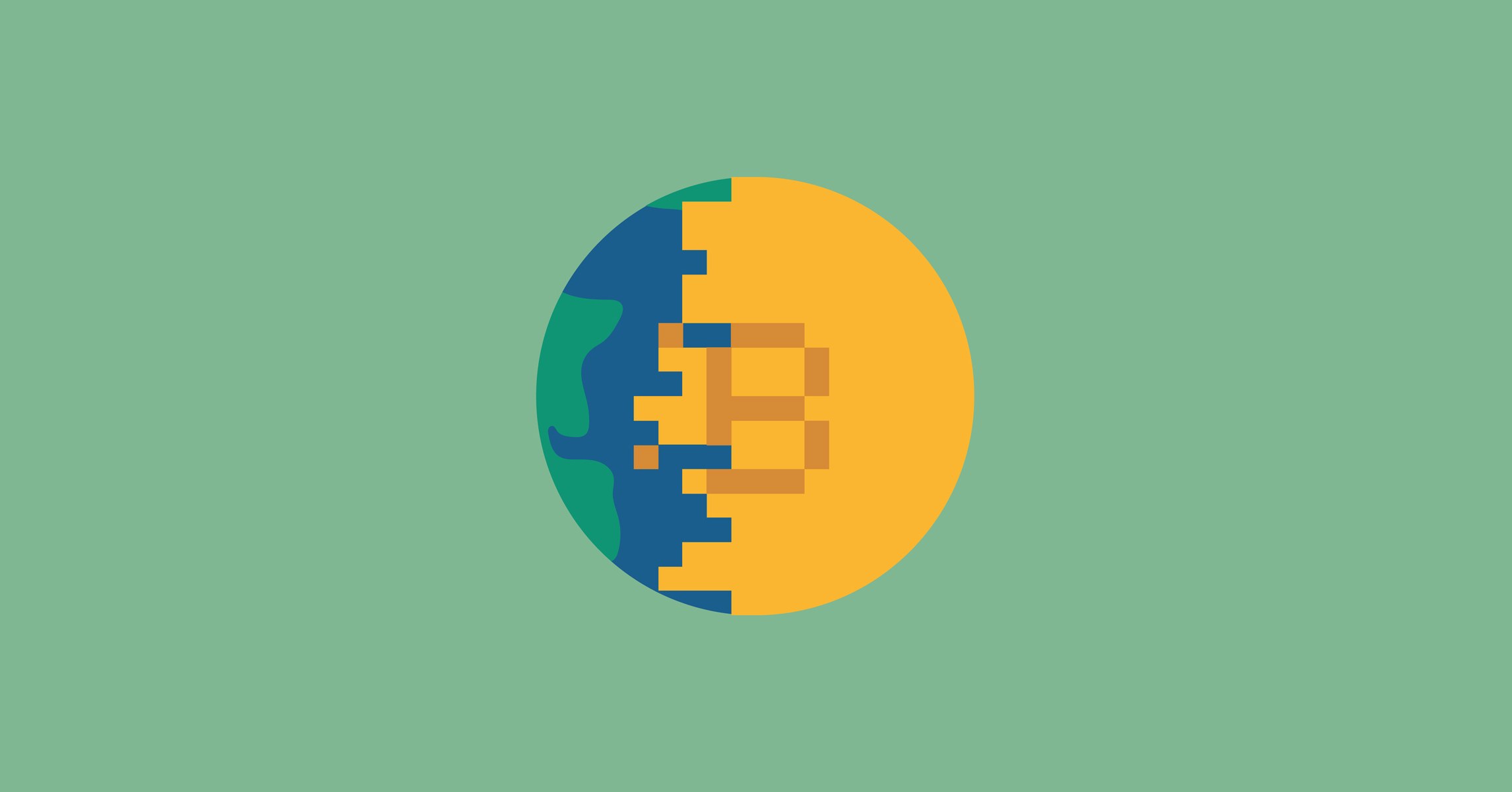
China is taking the idea of a credit score to the extreme, using big data to track and rank what you do - your purchases, your pastimes, your mistakes.

Climatologist Katherine Hayhoe says that scientists have no option but to fight against the politicisation of science.
Everipedia, a two-year-old online encyclopedia, will become a decentralized, peer-to-peer, user-owned resource.

Equifax aside, companies are doing better at securing their info. But the phishers keep coming.

Understanding that vaccines are critical to public health and human-driven carbon emissions are un-terraforming the planet cannot be the purview of the one percent.
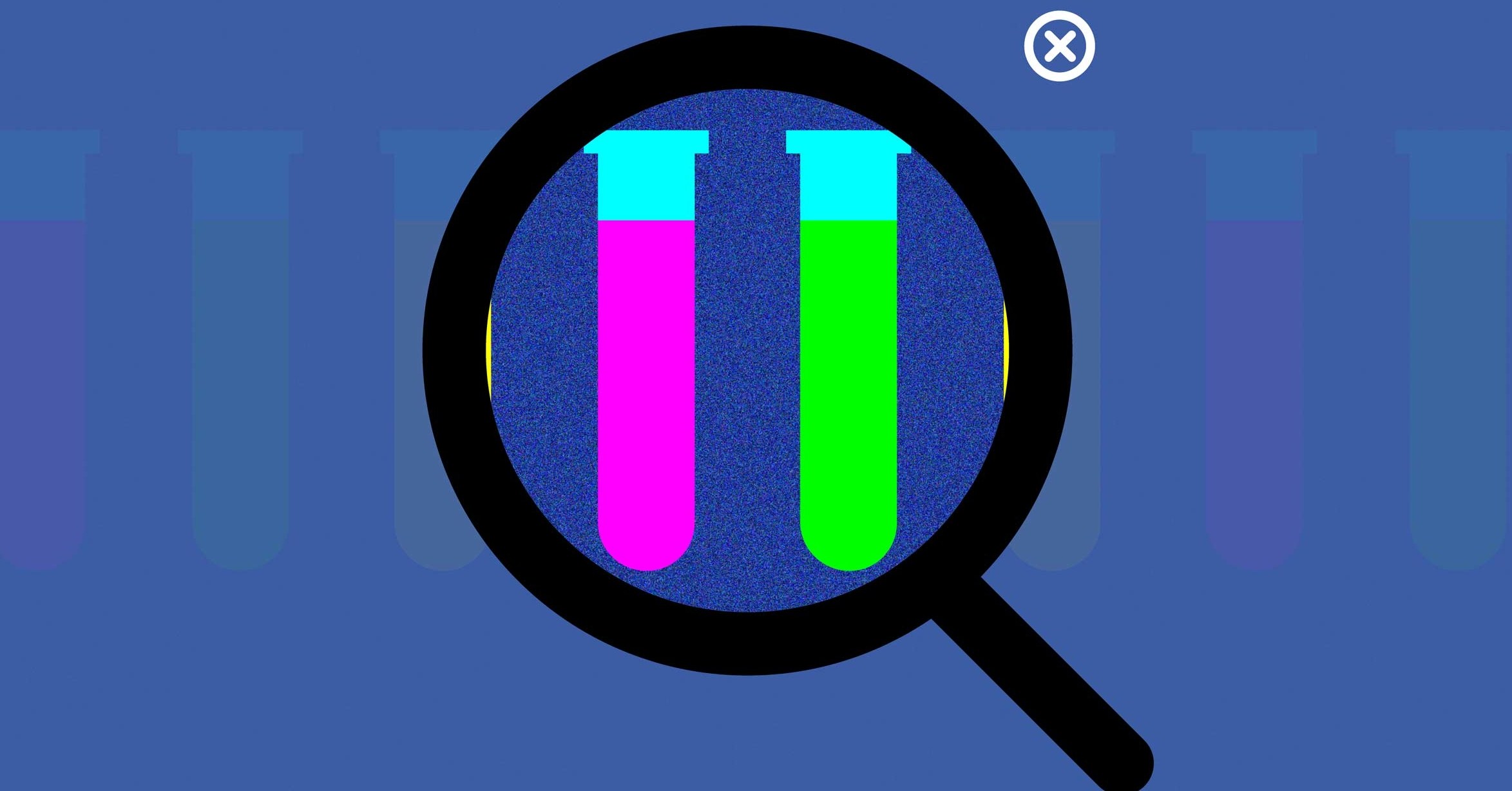
This Thanksgiving, we bring you four portraits of immigrants in tech—from the C-Suite to the gig economy.

The Atlas humanoid robot from Boston Dynamics can now do backflips. That's one hell of a feat for a bipedal machine.
